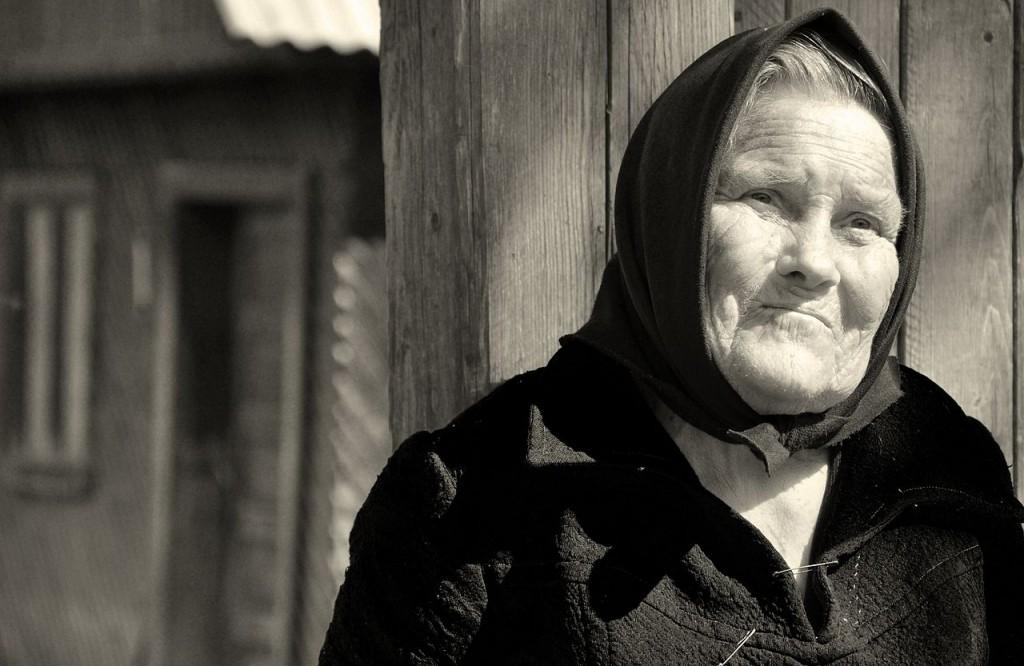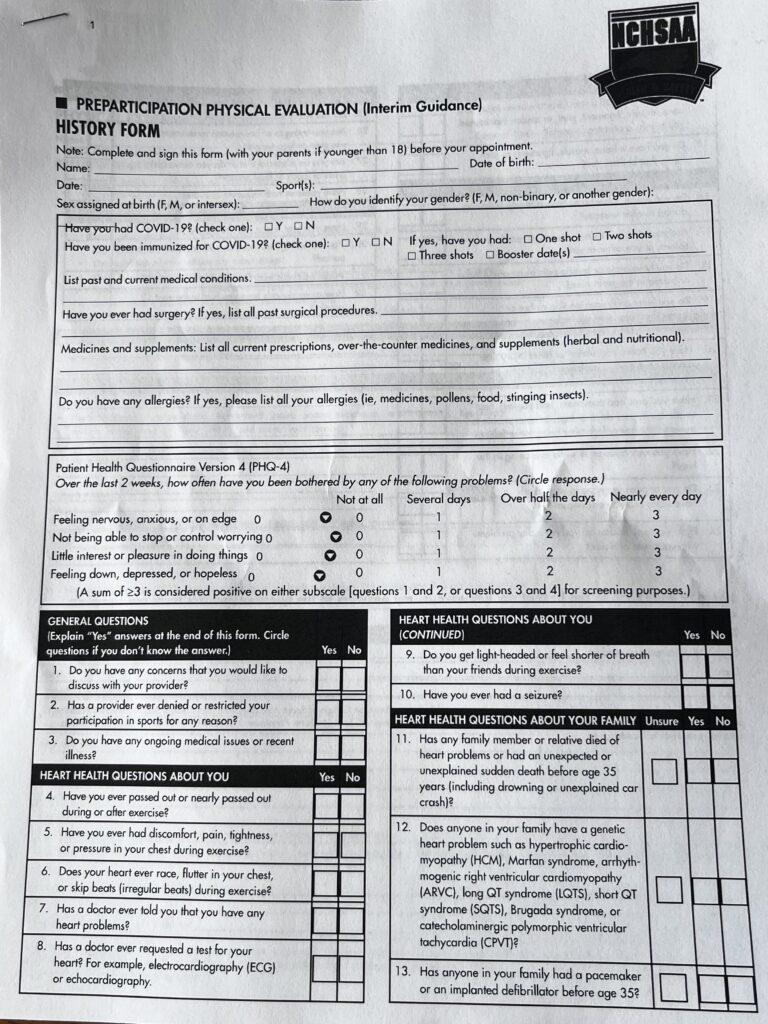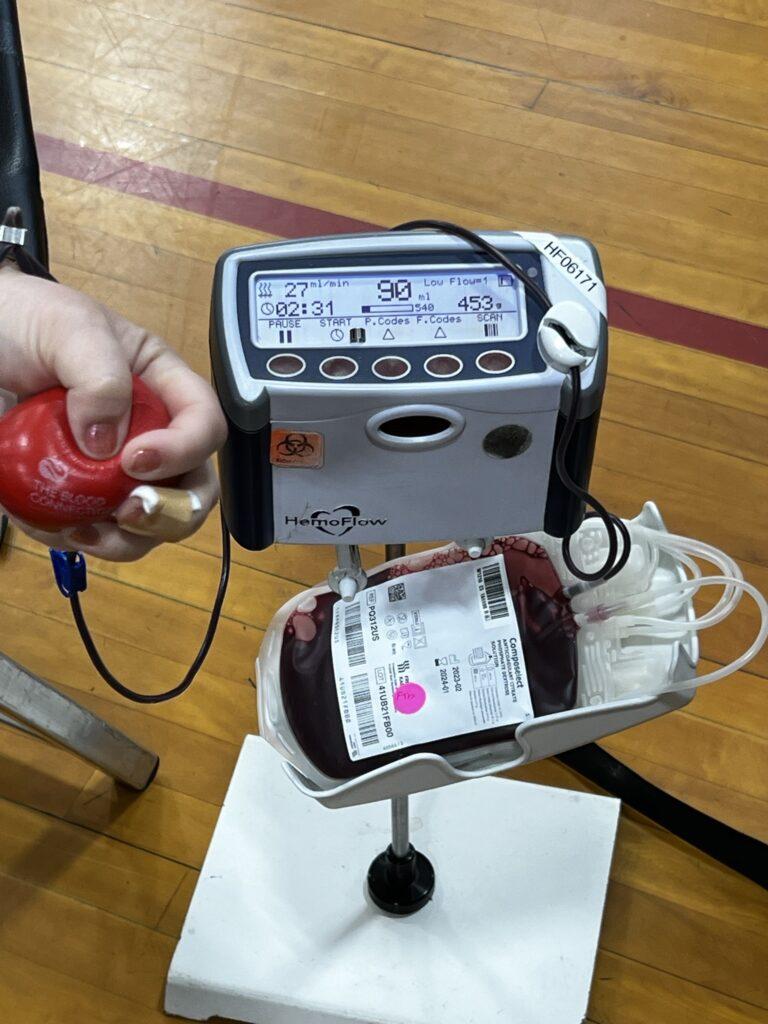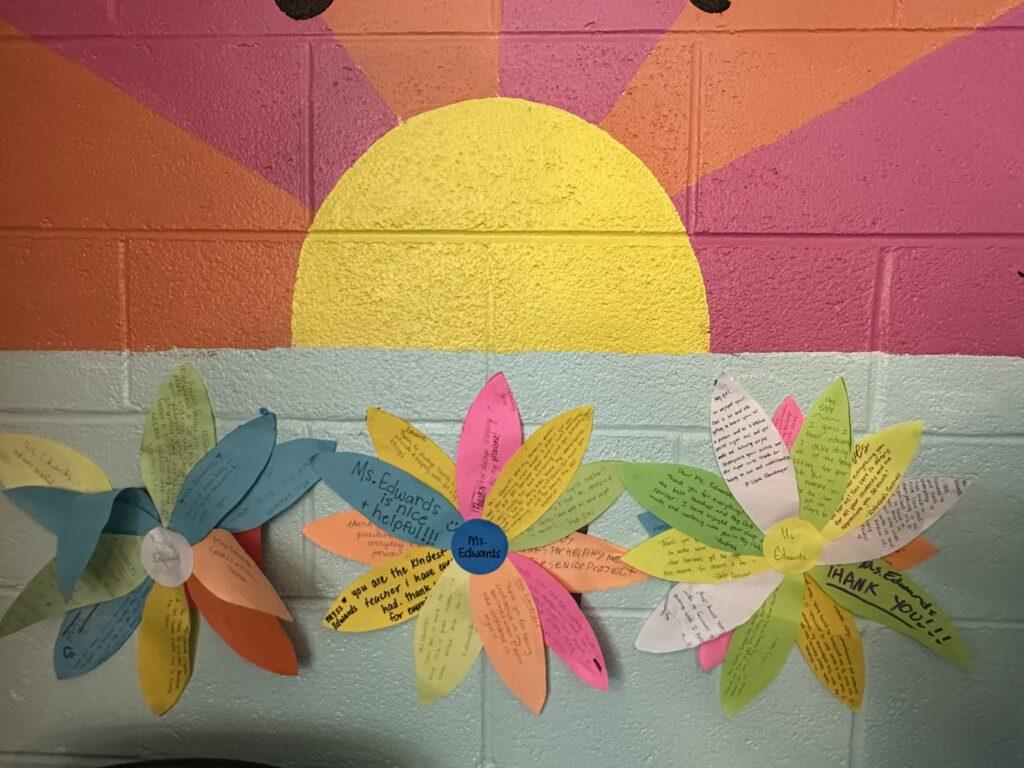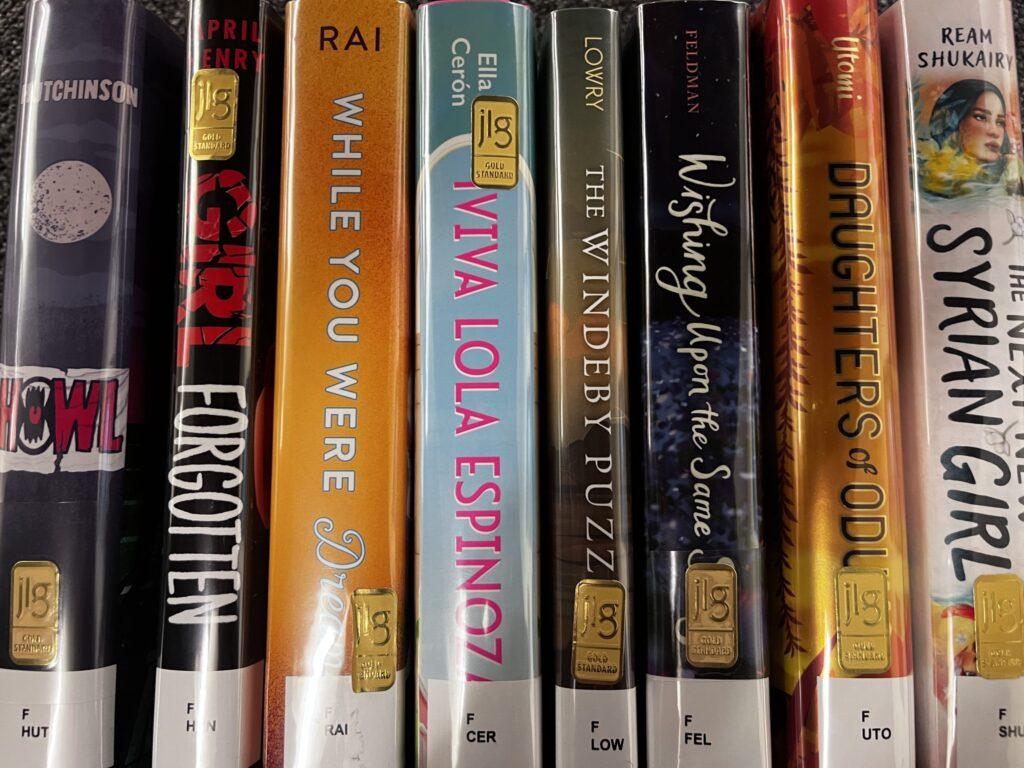A third-grade Emily Treadway stood in her driveway, the mix of gravel and asphalt crunching beneath her feet. Her mother stood next to her staring at the red and blue flashing lights of the ambulance as it approached their neighbor’s house. The siren pierced the evening silence.
“Mommy, what happened?”
“I think Mr.Buddy passed away.”
Later Treadway put two and two together. Her neighbor, almost an honorary family member, who had shared Thanksgiving and Christmas with them, after the devastating loss of his wife and the soul-crushing diagnosis of colon cancer had committed suicide.
Similar situations happen every day around the world. According to the Centers for Disease Control in Atlanta, 14.9 people out of every 100,000 adults over 65 commit suicide every year in the United States. This problem is not native to just the United States. In South Korea the suicide rate is almost double. In Taiwan the rate is even higher, 35.8 people per 100,000 seniors. Even in more developed countries like Japan this rate is still very high. In 2009 the Japanese government reported that 9 percent of all Japanese seniors killed themselves.
“I really don’t know (why the rate would be higher in Asian countries),” Treadway said
This problem puzzles others as well. Mental health experts have been puzzled for decades about the suicide crisis in Asian countries. Angela Haviland, a behavioral health counselor from Blue Ridge Health, has a theory as to why so many elderly Asians are killing themselves.
“As a stereotype, I would say they (the elderly in Asian countries) are a very prideful group,” she said “This pridefulness and their diminishing abilities to function might lead them to depression and not feeling that they have a purpose.”
Mental health experts are baffled because the data suggest the suicide rate should go down, but instead it continues to rise. There has been steady economic growth in almost all Southeast Asian countries which leads to caregivers having more money to care for their elderly.
China has relaxed its One Child Policy recently meaning there are more caregivers for the elderly, although this policy relaxation was implemented recently so it may take a while to see an effect. China, Singapore and other Asian countries have also imposed drastic anti-suicide measures including one policy that permits elderly parents, who don’t receive regular visits from their children, to sue them.
Sophomore Jonah VanDoren, who works at the retirement community Carolina Village, has a different idea as to why older adults kill themselves.
“I’ve seen some of the nurses, and CNAs at my work and they’re just mean (to the elderly patients),” VanDoren said. “If it’s not a chemical imbalance (in their brain), then it must be people treating them badly.”
This bad treatment may be the reason many elderly people are dissatisfied with their lives. According to the Pew Research Center 76 percent of those over 65 are unhappy with the way they believe United States is headed. This dissatisfaction may also evolve into depression. According to the Geriatric Mental Health Foundation 15 out of every 100 people in the United States over 65 are depressed.
Preventive measures are beginning to work in some countries. In Singapore, the government health ministry organized social activities for the elderly, to help reconnect them with their communities. Programs were set up to address isolation, and more care centers were opened promoting activities and engagement. This action saw a slight decline in the number of suicides in Singapore, although the number has since gone up. Hong Kong set up a similar program that provides psychiatric treatment to the elderly at local hospitals. This change has led to a dramatic drop in suicides — from 40.4 to 23.3 per 100,000 elderly people. Haviland says counseling is key.
“(To fix the suicide problem we should provide) more counseling and teach people to recognize the signs of suicide,” Haviland said. “We should also try to help people through transitions in life”
Many also rely on the elderly for guidance and wisdom. In a survey of elementary school children by Bradshaw, Berg and Fees in 2002 a large majority of children said the elderly are “wise” and that they will “help you with things.” Dalso turns to the elderly for guidance and wisdom.
“A lot of times people think, ‘Oh, they’re old. They don’t understand,’ but the best advice I’ve ever been given and the best conversations I’ve ever had are from people over 60,” VanDoren said. “It feels weird to classify them because the elderly are people too. They’re the same as us”
By: Ari Sen

